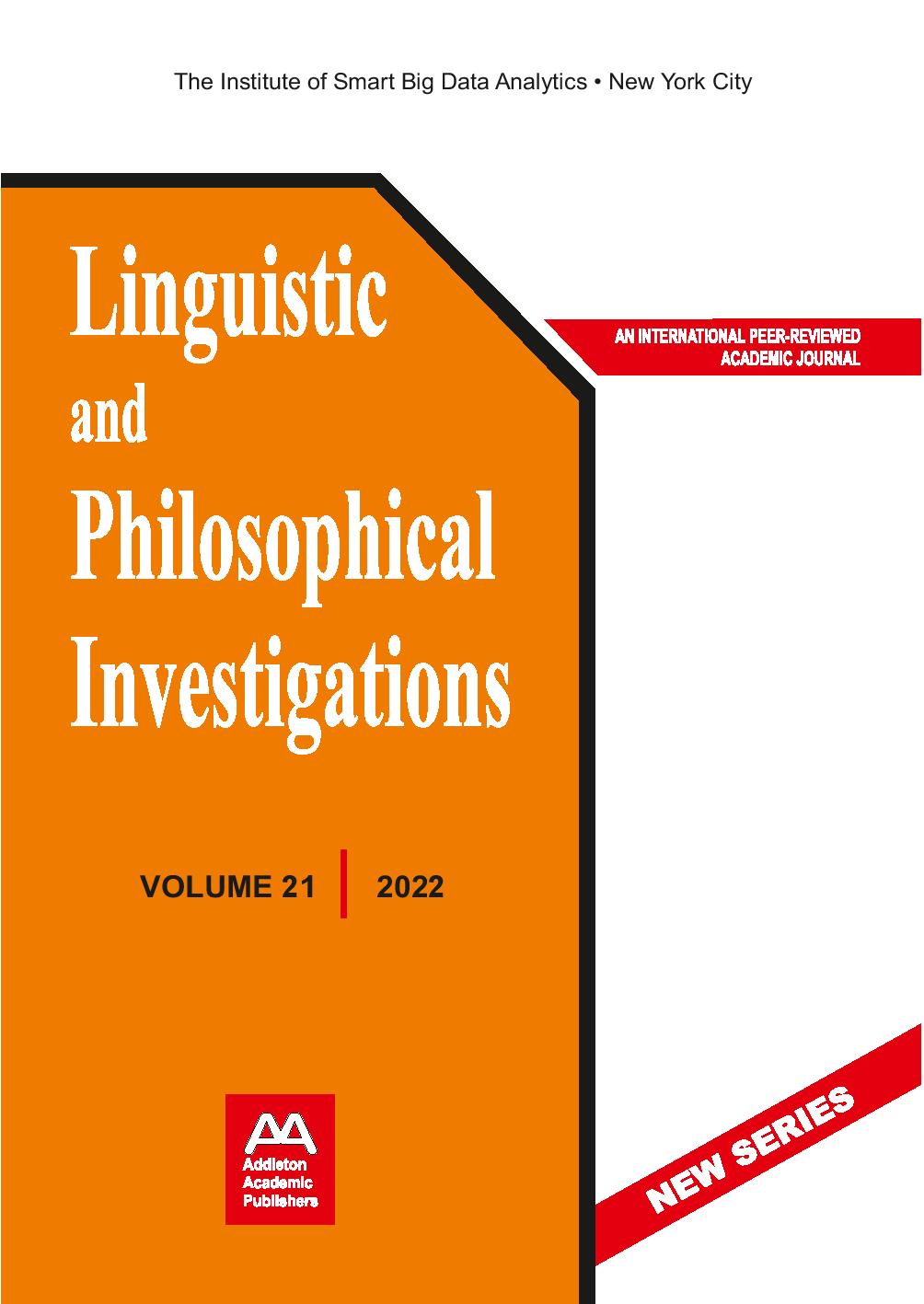Digital Consumer Engagement on Blockchain-based Metaverse Platforms: Extended Reality Technologies, Spatial Analytics, and Immersive Multisensory Virtual Spaces
Digital Consumer Engagement on Blockchain-based Metaverse Platforms: Extended Reality Technologies, Spatial Analytics, and Immersive Multisensory Virtual Spaces
Author(s): Pavol Kral, Katarina Janoskova, Ana-Mădălina PotcovaruSubject(s): Management and complex organizations
Published by: Addleton Academic Publishers
Keywords: consumer; metaverse; extended reality; spatial analytics;immersive capacity;
Summary/Abstract: Despite the relevance of digital consumer engagement on blockchain-based metaverse platforms, only limited research has been conducted on this topic. In this article, we cumulate previous research findings indicating that retail business analytics can assess interconnected virtual experiences by harnessing user data across 3D immersive environments. We contribute to the literature on shared virtual environments and immersive digital worlds by showing that customer behavior analytics can optimize purchase journeys and personalized shopping experiences by use of synthetic data, scale visualization, and physiological and behavioral biometrics. Throughout March 2022, we performed a quantitative literature review of the Web of Science, Scopus, and ProQuest databases, with search terms including “meta- verse” + “digital consumer engagement,” “extended reality technologies,” “spatial analytics,” and “immersive multisensory virtual spaces.” As we inspected research published between 2021 and 2022, only 89 articles satisfied the eligibility criteria. By eliminating controversial findings, outcomes unsubstantiated by replication, too imprecise material, or having similar titles, we decided upon 20, generally empirical, sources. Data visualization tools: Dimensions (bibliometric mapping) and VOSviewer (layout algorithms). Reporting quality assessment tool: PRISMA. Methodological quality assessment tools include: AXIS, Dedoose, Distiller SR, and MMAT.
Journal: Linguistic and Philosophical Investigations
- Issue Year: 2022
- Issue No: 21
- Page Range: 252-267
- Page Count: 16
- Language: English
- Content File-PDF

